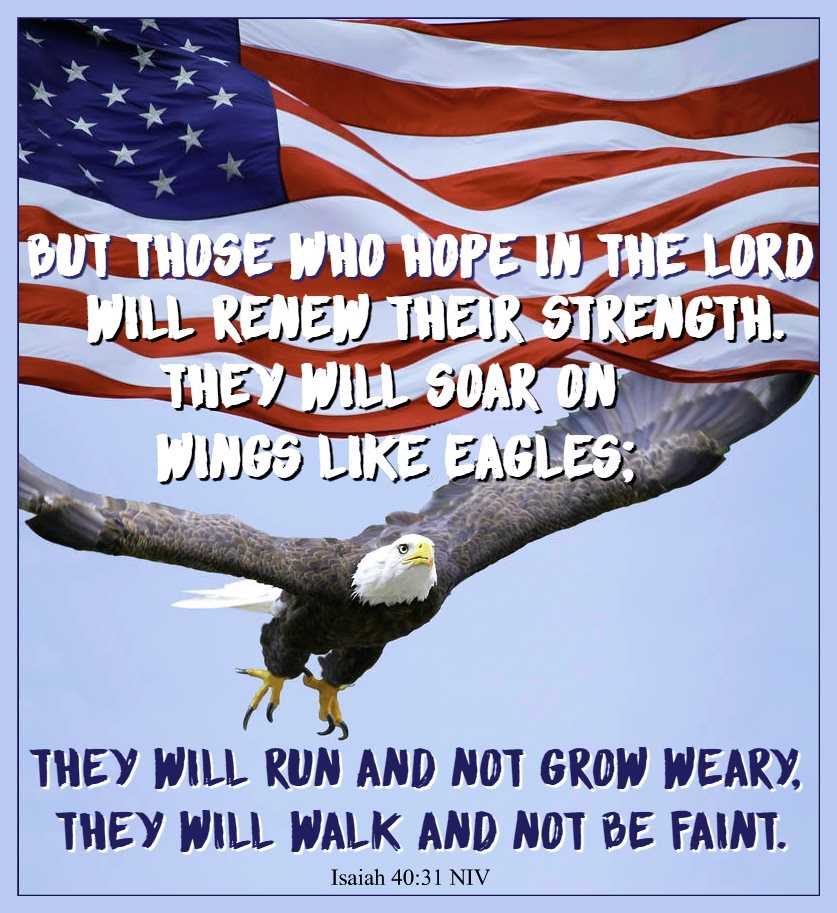The decision to change the name took place last December. The logo disappeared in 2019. There’s no point defending the Cleveland Indians name or Chief Wahoo logo anymore. Those ships have sailed.
The remaining question: What would the Major League Baseball team call itself going forward?
We know now. It’s the Guardians.
The name, announced July 23, came from four pairs of “guardians of traffic” statues on the Hope Memorial Bridge near Progressive Field, home of the baseball team, in downtown Cleveland.
The name will grow on us. It doesn’t contain the controversy that “Indians” does. It also passed trademark requirements, which eliminated other potential names (Spiders, an Indians predecessor in the late 1800s, is owned by the University of Richmond, and Rockers, for the Rock and Roll Hall of Fame, is close to “Rockies,” already a Major League Baseball team).
The logo – a “G” with wings around a baseball – apparently was rushed. We’ll see how that sells.
Because that’s the point of a logo, which the Indians haven’t had for three years since Chief Wahoo was decommissioned. Logos sell merchandise – hats, T-shirts, pennants, mugs, all kinds of things.
The team introduced the name and logo now, several months before they become official at the end of the 2021 season, to give fans time to vent and the team time to make that merchandise and begin marketing it.
Guardians.
It’s unique among the major professional sports.
As team executives talked with fans and civic leaders about a possible new name, they asked what people think when they hear the word “Cleveland.”
“We heard things like loyalty, pride and resiliency in being from Cleveland,” Brian Barren, president of business, told Terry Pluto of cleveland.com. “They’re protective of our city. They’re protective of the land and everything about it. Those all became part of what Guardians really started to evoke from an emotional standpoint.”
The team did its homework, and came up with a name that should stick. They didn’t want something trendy that they’d have to change every few years, because changing identity is costly – emotionally and financially.
Fans will be allowed to bring their Indians gear to ballgames next year and thereafter. We can’t throw away a century of memories, and team executives know that. I have a T-shirt with the Chief Wahoo logo on it, and I’ll continue to wear it – not as any kind of political statement, but because I support the baseball team. And it’s a nice shirt, a birthday present from my wife a few years ago.
Will I buy Guardians gear? Possibly. I collect pins, and if I see a Cleveland Guardians pin, I’m sure I’ll get one.
With the mood of the nation at a crossroads, I think the Cleveland baseball team’s brain trust did well with their name and logo. They also will keep the Indians’ color scheme and script, so the changes aren’t as extreme as they could have been. Well done, team.
Story lines that mirror our lives
Speaking of the mood of the nation, many of us now are enjoying the 2020 Summer Olympic Games, delayed a year by the worldwide pandemic – which still rages across much of the world. Indeed, Japanese and Olympic officials are not allowing fans to see any events in person because COVID-19 is surging in the Asian nation.
Some want to make the Olympics political, focusing on podium protests or decrying the pandemic limitations. I prefer to watch the Olympics for what it is: nations large and small sending their best athletes to compete against one another on a world stage.

I love the upsets and underdog stories. The Philippines just won its first-ever gold medal, in women’s weightlifting, and they’ve been competing in the Olympics for 97 years. San Marino, a tiny nation surrounded by Italy, just won its first medal of any kind, in women’s trap shooting. A 17-year-old swimmer from Alaska won the 100-meter breaststroke gold medal, an upset no one saw coming.
These kinds of stories give me hope. If I work hard and give my best, perhaps I can succeed at my goals too, whatever they are. I hope you are inspired as well.
In all three stories I just referenced, the heroes were women. That might be coincidence; it might not be.
Of course, the biggest Olympics story in this country now is Simone Biles withdrawing from gymnastics competition because of mental health issues. There’s more to her story than the quick sound bites are telling, I’m sure. Ridiculous expectations. Scandal in the women’s U.S. gymnastics program. She’s healthy, but other athletes have been forced to perform while injured, some seriously.
I’m not a mental health expert by any means, but the fact that many of us are so quick to judge her for withdrawing proves the point. Very few of us are experts. Here’s an opportunity to listen and learn – and possibly improve our own behavior, because the rest of us might just be part of the problem.
Yes, Simone is ultimately responsible for her own actions, but what have we done to encourage her? Support her? Help her succeed? Not because she requires an endorsement deal, but because she’s a young woman who happens to have world-class talent in a sport that we enjoy watching.
She’s not a one-woman team, you know. The U.S. women’s gymnastics team has other wonderful athletes, too, who can step up and show their skills.
I said I enjoy upsets and underdog stories. For those to happen, that means the favorite doesn’t win.
I watched a cross-country mountain bike race the other day where one medal contender fell on the first lap, and another got a flat tire near the end. Huge disappointments for both of them.
But that opened the door for a part-time racer from Great Britain to win the gold medal.
Frustration and joy.
The Olympics has many story lines that mirror our lives. A flat tire derailing years of effort to win a medal? No one ever said life was fair.
Let’s celebrate the winners, and honor all the competitors giving their best.







